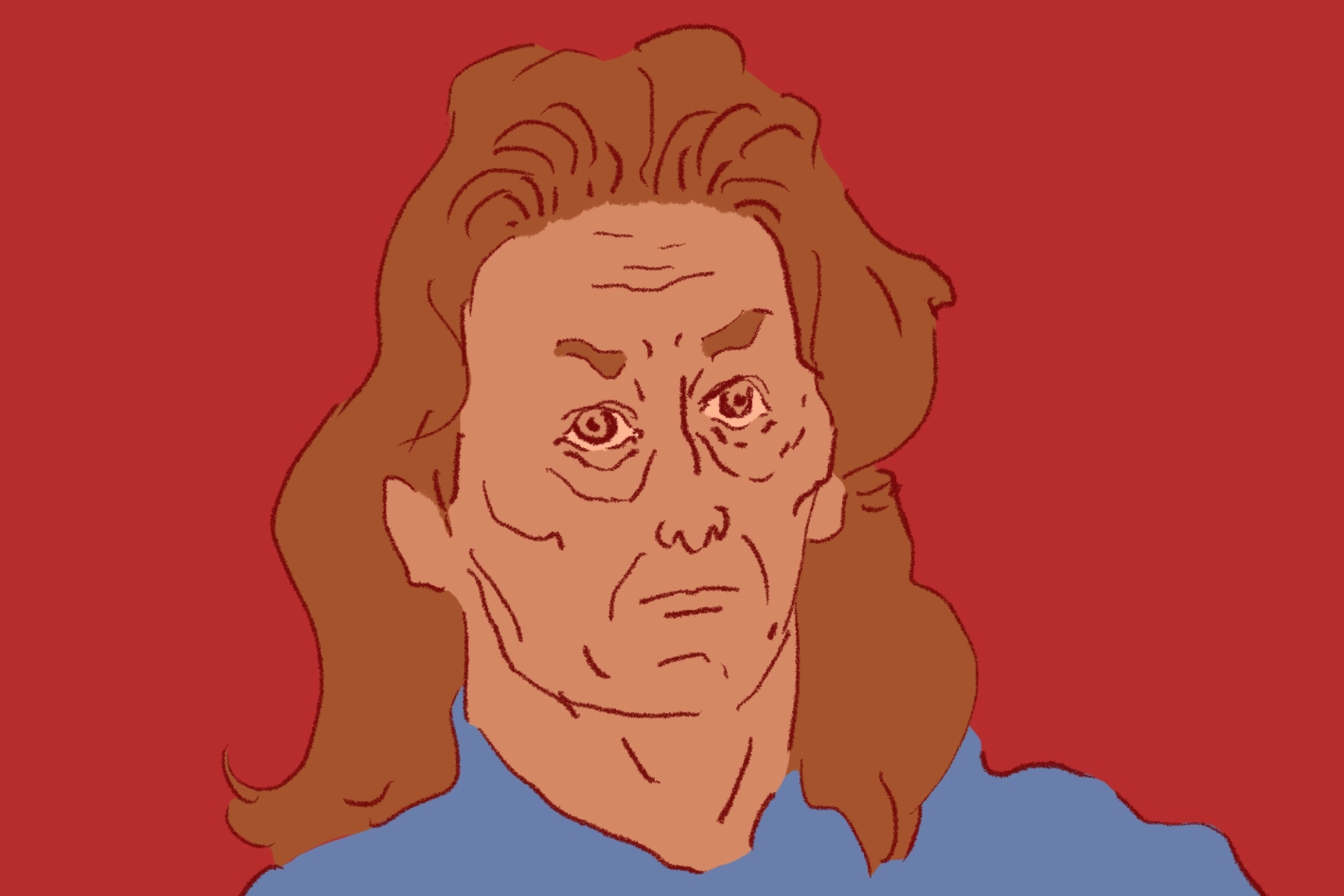Have you ever heard of the American serial killer named Aileen Wuornos? While the unusual name may not ring a bell, you may recognize the 2003 biographical drama titled “Monster” that details the events of her seven murders. She was convicted and sentenced for most of the killings, and in October 2002, Wuornos received the death penalty by lethal injection. Only a year later, Charlize Theron (known for “Mad Max: Fury Road”) portrayed Wuornos in “Monster.” Her performance received both critical acclaim and earned one of the highest honors in the film industry: an Academy Award.
Before we discuss the film, we need to talk about its real-life inspiration. Wuornos was born on Feb. 29, 1956, in Rochester, Michigan. She was raised under harsh circumstances, being born to troubled parents and having to move in with her abusive maternal grandparents at a young age. Starting at age 11, she began to trade sexual favors for money and cigarettes, and by the age of 14, she became pregnant with her only child. She was soon kicked out of the house and put her baby up for adoption. Afterward, she hitchhiked across the country using sex work to support herself.
Prior to the murders, Wuornos had been involved in criminal activity. She attempted suicide six times between the ages of 14 and 22. In 1974, she was charged with a DUI, disorderly conduct and firing a gun from a moving vehicle in Colorado. Four years later, she spent a little over a year in prison after being sentenced for armed robbery of a convenience store in Florida. Around this time, she was also arrested for forgery, theft and assault. In 1986, she met then-24-year-old Tyria Moore at a Daytona gay bar, instantly falling into a volatile relationship. Their romance continued over the next four years while they lived together in various motels.
Between 1989 and 1990, Wuornos murdered at least seven middle-aged men while practicing street prostitution alongside the highways of central Florida. She would provide sexual favors to these clients and end their lives with multiple fatal gunshot wounds afterward, eventually hiding their bodies in secluded areas around the highways she worked. Once they were dead, she would rob the victims of their valuables, such as cars and money. With one exception, law enforcement officials found the bodies of all her victims.
Since Wuornos had a known criminal record in the state of Florida, police were able to match her fingerprints to those found on an abandoned car registered by one of the victims. Police issued a warrant for her arrest, and on Jan. 9, 1991, she was arrested at a biker bar. The next day, police found Moore with her family in Scranton, Pennsylvania. In exchange for immunity from prosecution, she elicited murder confessions from Wuornos over the telephone.
At her trial, Wuornos claimed that the murders were enacted in self-defense, stating that each of the clients attempted to either rape or assault her. On Jan. 16, 1992, after being incarcerated for just over a year, she went to trial for her first victim. Less than two weeks later, she was convicted of the one murder, and eventually sentenced to death. In later trials, she pleaded no contest to the other killings, and was convicted for the murders of all but one of the clients, resulting in six death sentences. At her first sentencing, psychiatrists testified that Wuornos had both borderline personality disorder and antisocial personality disorder, later diagnosing her with psychopathic behaviors. Over a decade later, Wuornos would take her last breath, as she was executed on Oct. 9, 2002, by lethal injection. She was later cremated and had her ashes scattered in her childhood town in Michigan.
A year after Wuornos’ execution, “Monster” was released in theaters. The film stars Theron as Wuornos and Christina Ricci (known for playing Wednesday in the “Addams Family” films) as a semi-fictional version of Moore named Selby Wall (the production company could not get the rights to use Moore’s name in the film). To prepare for the role, Theron gained 30 pounds, shaved her eyebrows and wore prosthetic teeth during the shooting of the film. “Monster” was directed and written by Patty Jenkins, who is best known for directing both of the recent “Wonder Woman” movies. The film revolves around the relationship between Wuornos and Wall, showcasing their eruptive, yet intimate romance in the midst of Wuornos’ murder spree.
Despite its small $8 million budget and short 109-minute runtime, the film became a monstrous success, grossing over $58 million at the box office. The movie received multiple positive reviews, all of which praised Theron’s performance of the mentally unstable Wuornos. Roger Ebert called “Monster” the best film of 2003, noting that Theron’s portrayal was “one of the greatest performances in the history of the cinema.” He also complimented the body language of her portrayal, sharing, “Observe the way Theron controls her eyes in the film; there is not a flicker of inattention, as she urgently communicates what she is feeling and thinking.”
While Jenkins and the film itself didn’t receive much recognition, it comes as no shock that Theron won dozens of accolades for her role in “Monster,” including the BAFTA, Golden Globe and AFI awards. She also earned the Silver Bear (2nd highest honor at the Berlin International Film Festival) and the highly coveted Academy Award for best actress, her one and only win from the Oscars. It’s definitely deserved, as she delivered one of the best performances you will ever see in a movie. If you have not marked “Monster” on your “biographical crime” film list, it’s a striking and engaging movie worth checking out.

















